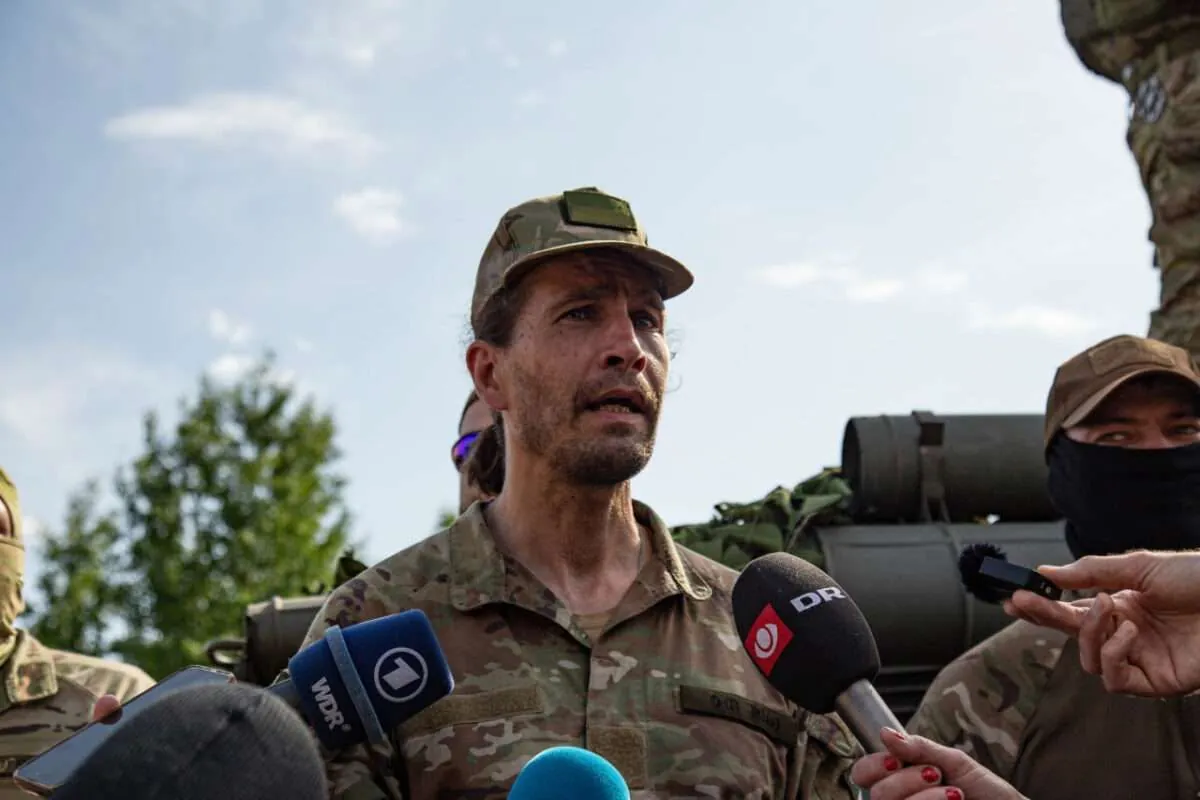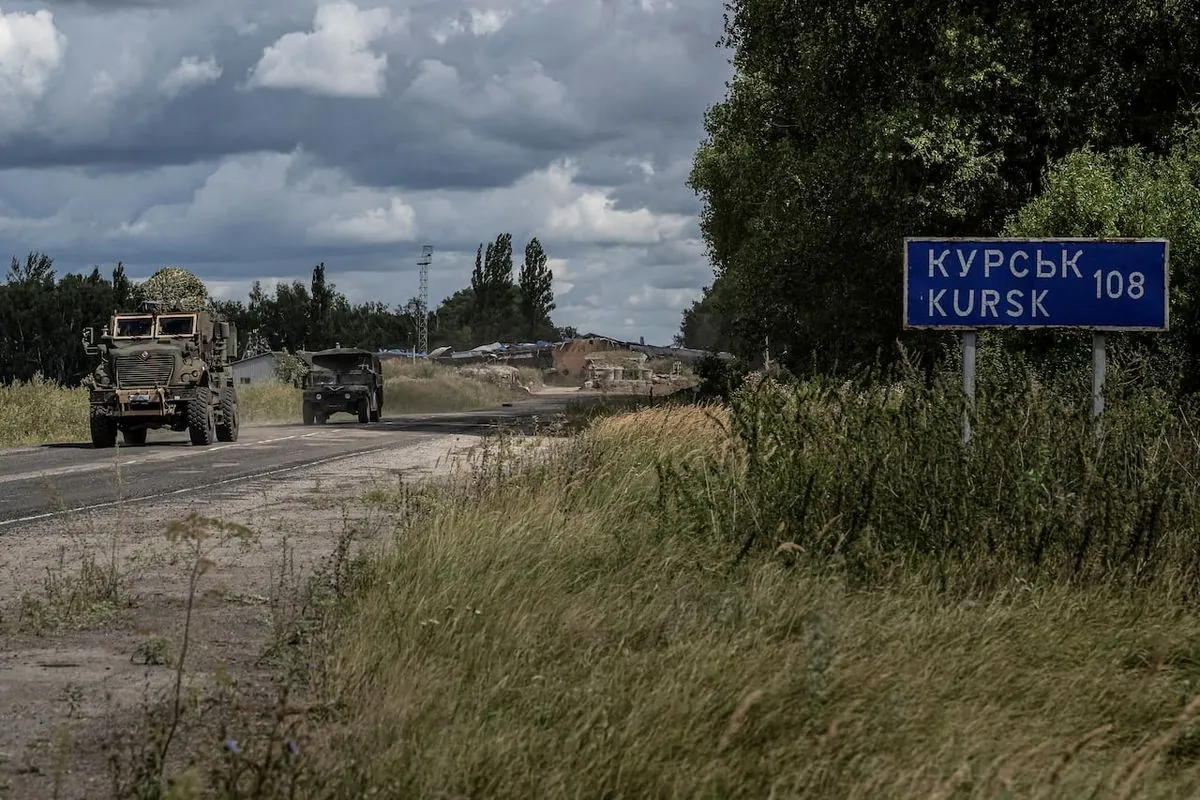Ukraine's Bold Incursion into Russia: Gains and Risks in Kursk Region
Ukraine's recent cross-border assault into Russia's Kursk region marks a significant shift in the ongoing conflict. While initial gains have been made, the operation carries potential risks for Ukraine's broader defensive strategy.

In a surprising turn of events, Ukrainian forces launched a daring cross-border assault into Russia's Kursk region approximately one week ago. This operation, which began around August 8, 2024, has resulted in significant territorial gains for Ukraine, with over 1,150 square kilometers now under their control.
Oleksandr Syrskyi, head of the Ukrainian armed forces, confirmed on August 10 that a military commandant's office had been established in the occupied part of Kursk. This move suggests Ukraine's intention to maintain a presence in the seized territory, which they plan to use as a "buffer zone" to protect their northern border from Russian strikes.
The incursion into Kursk, a region with a rich history dating back to its founding in 1032, represents the largest invasion of Russian territory since World War II. Kursk Oblast, bordering Ukraine's Sumy Oblast, is known for its fertile black soil and significant iron ore deposits, making it an economically important area for Russia.

While Ukraine has achieved initial success, the operation is not without risks. Military analysts warn that holding territory deep inside Russia could potentially overextend Ukrainian forces and weaken defenses elsewhere. This concern is particularly relevant given the ongoing heavy fighting in eastern Ukraine, especially near Pokrovsk and Toretsk.
Volodymyr Zelenskyy, Ukraine's President, reported on August 14 that forces had advanced a few kilometers further into Russian territory. However, Russia appears to be recovering from its initial shock and has begun to slow the Ukrainian advance. Satellite imagery has revealed new Russian-built trenches in the Kursk region, indicating preparations for a more robust defense.
The assault on Kursk serves multiple strategic purposes for Ukraine:
- Distracting Russian forces from the Donbas region
- Creating a buffer zone for northern Ukraine
- Capturing Russian soldiers for potential prisoner exchanges
- Dealing a reputational blow to Vladimir Putin's leadership
However, the operation has also raised ethical concerns among some Ukrainian soldiers. One soldier, identified as Dmytro, expressed discomfort with invading foreign territory, stating, "Honestly, it does not feel great to do what they (the Russians) did."
"Ukraine is not interested in permanently taking Russian land."
This statement from the Ukrainian Foreign Ministry underscores the complex nature of the operation and its potential diplomatic implications.
As the situation continues to evolve, both sides face significant challenges. Ukraine must balance its territorial gains with the need to maintain strong defenses along its existing frontlines. Russia, on the other hand, is tasked with repelling the Ukrainian incursion while maintaining pressure in the Donbas region, where it has been making slow but steady advances for months.
The assault on Kursk, home to one of the world's largest magnetic anomalies discovered in 1733, has undoubtedly altered the dynamics of the conflict. As both nations grapple with the consequences of this bold move, the international community watches closely, aware that the outcome could have far-reaching implications for the future of the region and beyond.


































